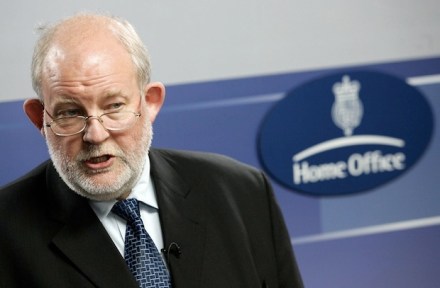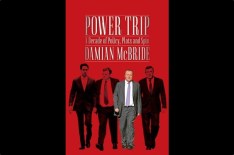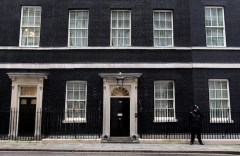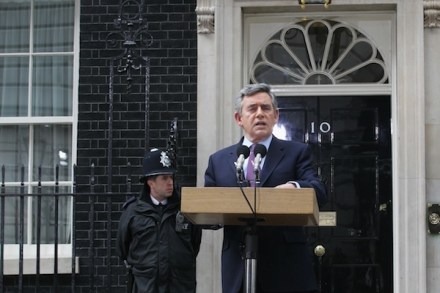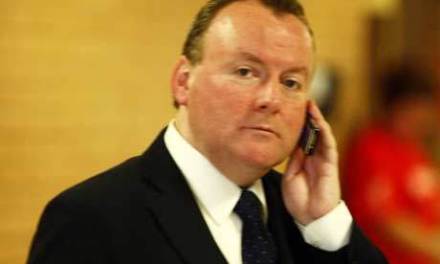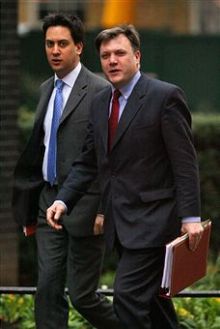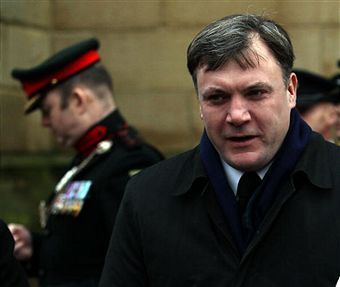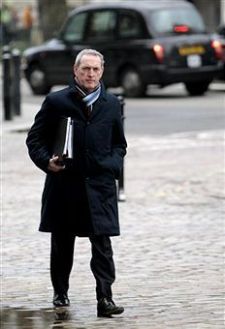John Rentoul, who knows a successful Labour leader when he sees one, is having palpitations about David Miliband’s latest hustings speech. Everyone seems to be in fact. I’ve taken a look, following the Berkeleian principle that if everyone thinks something is important it invariably is. It’s a good speech. At last, one of the Labour leadership contenders has attacked Gordon Brown. Under Gordon Brown, Miliband argues, Labour’s failings, spin and high-handedness intensified. An expression about Sherlock and excrement comes to mind, but the first stage in a party’s renewal is to admit defeat, acknowledge failure and offer contrition. David Miliband has begun that process, which can only serve him well.








